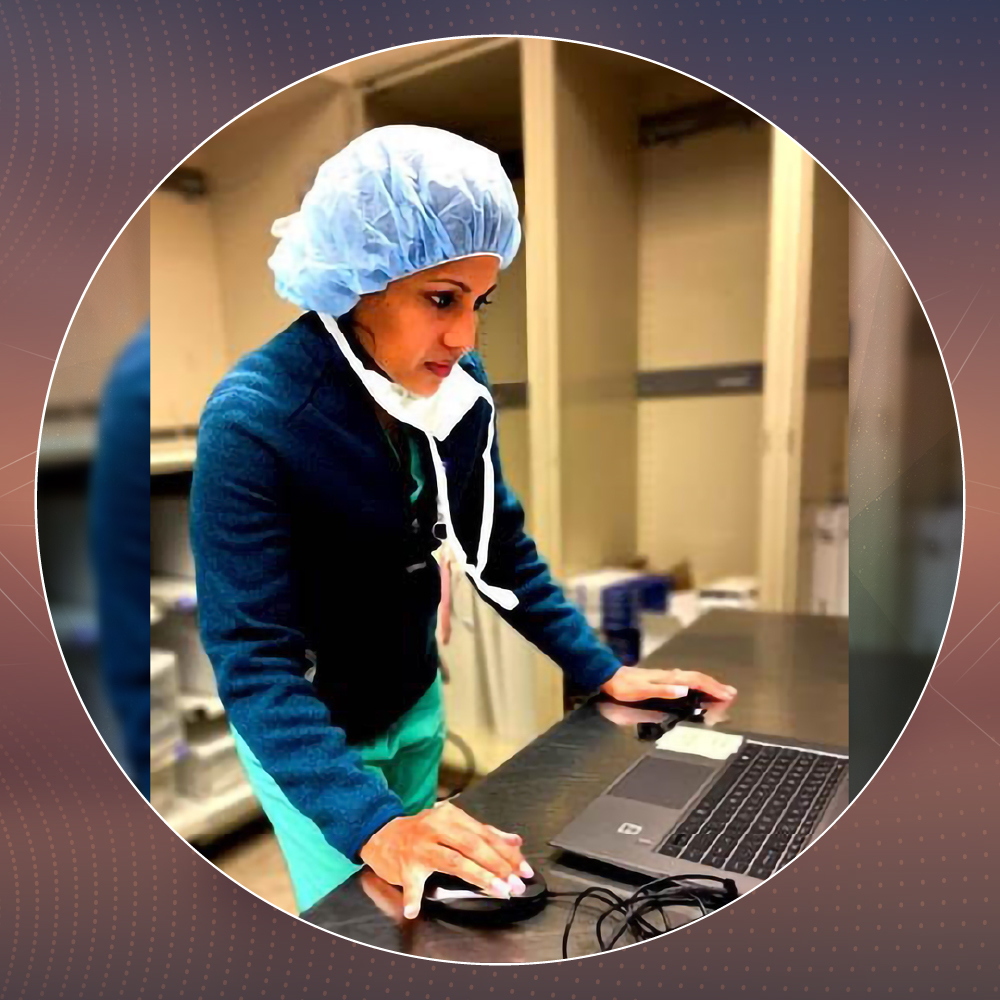
In the dynamic landscape of healthcare, the importance of effective leadership in medical training cannot be overstated. Leaders in medical education play a pivotal role in shaping the future of healthcare professionals, influencing not only their clinical skills but also their ethical grounding and professional demeanor. This article explores the multifaceted impact of leadership in medical training, highlighting key aspects such as mentorship, curriculum development, and fostering a culture of continuous improvement.
In the realm of medical training, effective leadership serves as the cornerstone of progress and excellence. Leaders in medical education play a pivotal role in shaping the future generation of healthcare professionals. They inspire, guide, and innovate, ensuring that training programs evolve with the latest medical advancements and educational techniques. These leaders foster a culture of collaboration, empathy, and continuous learning among students and faculty alike. By cultivating strong leadership in medical training, institutions not only enhance clinical skills but also nurture future leaders who will drive healthcare innovation and improve patient outcomes worldwide.
Mentorship: Nurturing Future Leaders
Mentorship stands as a cornerstone of effective leadership in medical training. Seasoned healthcare professionals guide and inspire the next generation of doctors and nurses, imparting not just clinical knowledge but also the wisdom gained from years of practical experience. Mentors serve as role models, demonstrating compassionate patient care, ethical decision-making, and resilience in the face of challenges.
A successful mentorship program fosters a supportive environment where trainees feel empowered to ask questions, seek guidance, and grow professionally. By nurturing personal relationships and investing time in mentorship activities, leaders in medical education cultivate a sense of community and camaraderie among healthcare providers.
Curriculum Development: Aligning Education with Real-World Needs
Leadership in medical training involves the strategic development of curricula that align educational goals with the evolving demands of healthcare delivery. Curriculum designers must balance foundational knowledge with cutting-edge advancements in medical science and technology. They integrate experiential learning opportunities, simulations, and case-based studies to prepare students for diverse clinical scenarios.
Moreover, effective curriculum development incorporates interdisciplinary collaboration, recognizing the interconnectedness of healthcare specialties. Leaders engage stakeholders from across the healthcare spectrum—physicians, nurses, pharmacists, and allied health professionals—to ensure that educational programs are comprehensive and responsive to industry trends.
Promoting Innovation and Research
Leaders in medical education foster a culture of innovation and research, encouraging faculty and students alike to explore new frontiers in healthcare. They support initiatives that advance medical knowledge, improve patient outcomes, and drive healthcare policy reforms. By promoting collaborative research projects and providing resources for scholarly pursuits, leaders empower trainees to contribute meaningfully to their fields.
Innovation in medical education extends beyond scientific discovery to encompass advancements in teaching methodologies and technology-enhanced learning. Leaders leverage digital platforms, virtual reality simulations, and artificial intelligence tools to enhance educational experiences and prepare students for the digital era of healthcare delivery.
Ethical Leadership: Upholding Professional Integrity
Ethical leadership is fundamental to maintaining trust and integrity within the healthcare profession. Leaders in medical training exemplify ethical conduct, emphasizing the importance of patient-centered care, respect for diversity, and transparency in decision-making. They instill core values of empathy, compassion, and social responsibility in future healthcare leaders, equipping them to navigate ethical dilemmas with integrity and professionalism.
Furthermore, ethical leadership extends beyond individual behavior to encompass institutional policies and practices. Leaders advocate for equitable access to healthcare services, champion diversity and inclusion initiatives, and promote evidence-based practices that prioritize patient safety and well-being.
Continuing Professional Development: Lifelong Learning and Adaptation
Leaders in medical education recognize that learning does not end with graduation but is a lifelong pursuit. They support continuing professional development initiatives that enable healthcare professionals to stay abreast of medical advancements, refine their clinical skills, and adapt to evolving healthcare trends. Continuous learning fosters a culture of excellence and innovation, ensuring that healthcare providers deliver high-quality care throughout their careers.
By offering accredited continuing education programs, leadership in medical training promotes knowledge dissemination and encourages collaboration among healthcare professionals. These initiatives empower practitioners to implement best practices, leverage emerging technologies, and contribute to the advancement of their respective fields.
Effective leadership in medical training is essential for transforming healthcare delivery and preparing future generations of healthcare professionals. Through mentorship, curriculum development, promotion of innovation and research, ethical leadership, and support for lifelong learning, leaders in medical education shape a workforce that is skilled, compassionate, and committed to improving patient outcomes. By embracing these principles, healthcare institutions can cultivate a culture of excellence and innovation that drives positive change in the healthcare landscape.
Transformative leadership in medical education not only equips individuals with the knowledge and skills needed to excel in their careers but also empowers them to make meaningful contributions to the health and well-being of communities worldwide.